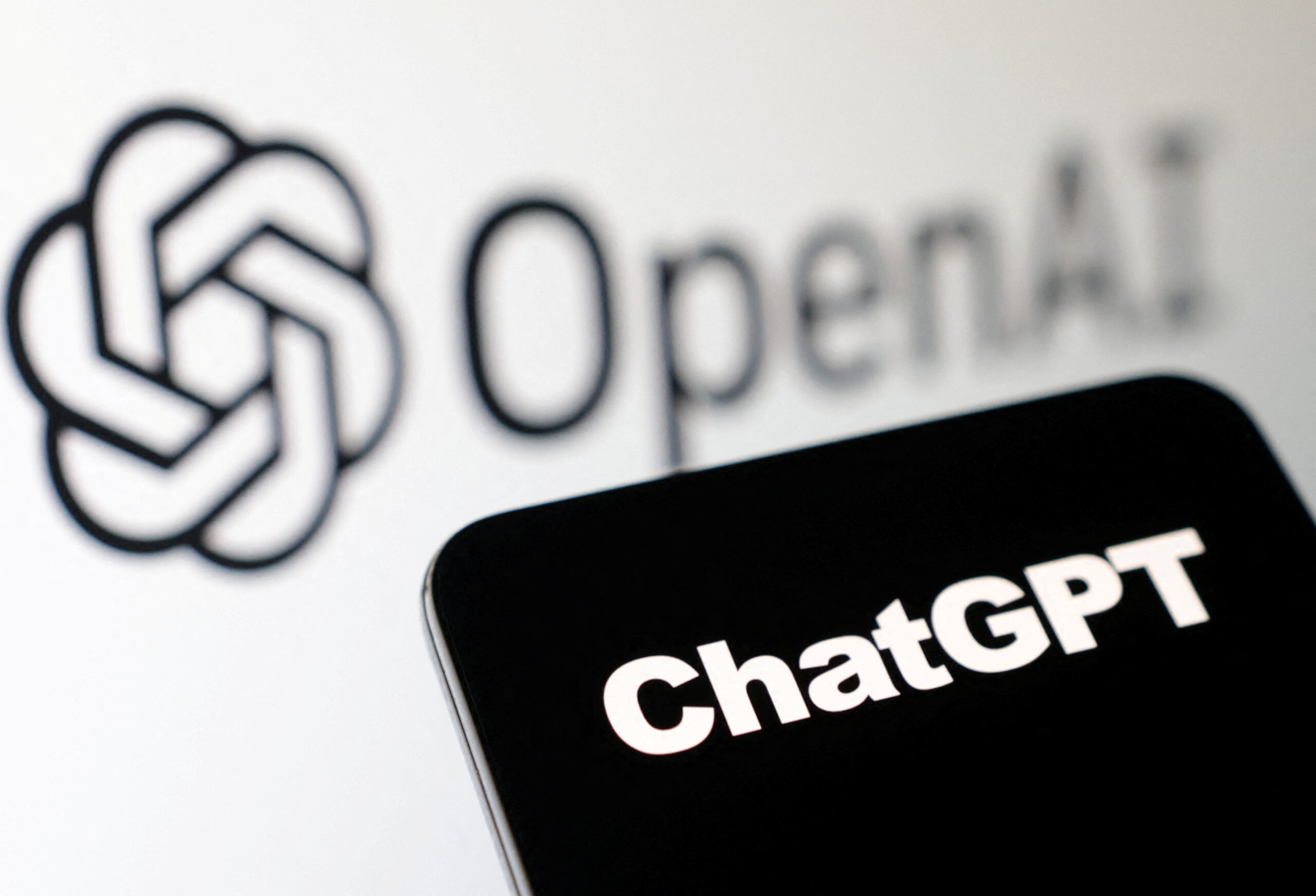advertisement
OpenAI To Enforce 16% VAT On ChatGPT Services

OpenAI, the company behind ChatGPT, will start charging Kenyan users a 16% Value-Added Tax (VAT) on subscriptions and services beginning May 1, 2025. This update, announced via email, advises users to provide valid Kenya Revenue Authority (KRA) Personal Identification Numbers (PINs) to ensure compliance and proper invoicing.
“We want to inform you about the introduction of a value-added tax (VAT) on your invoice which will be implemented starting May 1, 2025. In compliance with Regulation 3 of the VAT EIDMS Regulations, we will be required to charge and collect a VAT of 16% on your invoice. If you have a valid Kenya Personal Identification Number (PIN), please update the Tax Status and ID section in your OpenAI account to ensure proper documentation.” OpenAI noted on mail
Kenya’s approach to taxing digital services has evolved over recent years. Initially, the government introduced the Digital Services Tax (DST) in January 2021, targeting non-resident digital service providers. However, the DST was later replaced by the Significant Economic Presence (SEP) tax, as outlined in the Tax Laws (Amendment) Act, 2024.
advertisement
In addition to the SEP tax, the VAT (Electronic, Internet and Digital Marketplace Supply) Regulations, 2023, mandate that non-resident digital service providers register for VAT in Kenya and charge the standard 16% VAT on services consumed by Kenyan users. These regulations apply regardless of the digital service provider’s revenue threshold, highlighting Kenya’s determination to fully tax the digital economy.
Kenya’s decision to tax tools like ChatGPT seems to go against its goals for digital innovation. Earlier this year, the government launched the National Artificial Intelligence Strategy 2025–2030, promising to boost local innovation, attract investment, and make AI accessible to everyone. However, adding VAT to AI tools could make them too expensive for key groups like startups using AI for growth, students and researchers learning and innovating, and developers building new applications. Critics worry this move could slow down the progress Kenya hopes to achieve by making it harder for people to access the tools needed for innovation.
Over the past decade, Kenyan citizens and businesses have seen a steady expansion of taxable items, from bread and mobile money transactions to streaming services and now AI tools. Yet, many complain that these taxes do not translate into meaningful public benefits, particularly in digital infrastructure.
advertisement
The new VAT on ChatGPT services means Kenyan users will see a rise in subscription costs. This will affect a wide range of people, from students and teachers using it for learning, to small businesses relying on it for operations and customer interactions, and even developers exploring its potential. While the tax is charged to the provider, the added cost usually ends up with the users, making these services more expensive. The current tax regime risks widening the digital divide by limiting access to advanced technologies for those who need them most.
Without support programs or subsidies, the added cost of services like ChatGPT could limit creativity and productivity in the sectors that Kenya is trying to boost. Recent tax initiatives have included:
- VAT on Digital Services: Foreign digital service providers must register and remit VAT on Kenyan transactions.
- Excise Duty on Mobile Transactions: Including loans and airtime.
- Digital Service Tax (DST): A 1.5% levy on non-resident firms, now replaced by the Significant Economic Presence (SEP) framework under the Tax Laws (Amendment) Act, 2024.
- E-Invoicing Integration (EIDMS): Mandating real-time invoicing for VAT compliance starting May 2025.